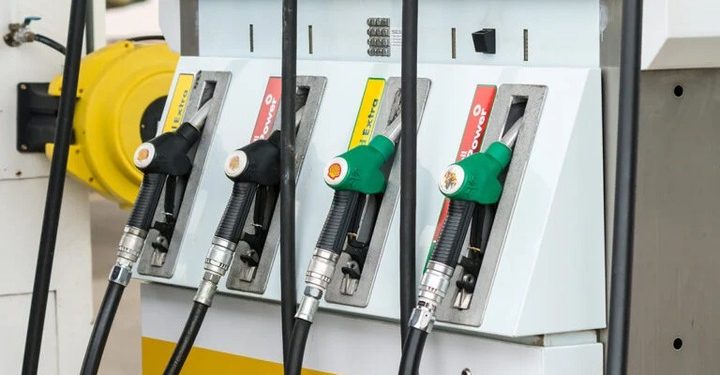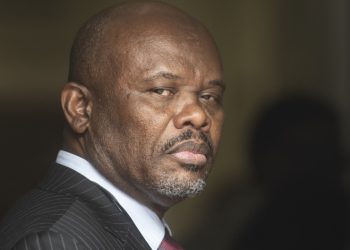Mineral and Petroleum Resources Minister Gwede Mantashe has sparked debate after calling for a reduction in petrol and diesel prices to R14 per litre during the 2024 Africa Oil Week Conference. Addressing concerns about the rising cost of living, Mantashe revealed that his department is in discussions with the National Treasury to lower fuel prices, including rethinking the inclusion of levies like the fuel levy and Road Accident Fund (RAF) levy in petrol and diesel prices.
Mantashe pointed out that taxes and levies currently account for R6.40 of every litre of petrol, distorting the real cost of fuel. He advocated for a separation of levies from the fuel price, urging the government to intervene in reducing administered prices as part of a broader effort to address high living costs.
These efforts align with President Cyril Ramaphosa’s recent remarks, where he emphasized that tackling poverty and lowering the cost of living is a priority for the Government of National Unity (GNU). The government has already taken steps to ease fuel costs, such as removing a 15% premium from the freight rate and repealing a 10 cents per litre demand-side management levy on ULP 95.
While reducing taxes on fuel may seem appealing, experts caution that it could have significant tax implications, potentially requiring the government to increase other taxes to offset lost revenue. Critics argue that addressing fuel prices without considering the taxes tied to them may put the government in a difficult financial position, but many hope for relief as discussions continue.
Public sentiment remains divided, with some supporting Mantashe’s proposal and others expressing skepticism, citing the inefficiencies caused by corruption and mismanagement. Many are watching closely to see whether the government can successfully strike a balance between lowering fuel prices and maintaining essential tax revenues.






















